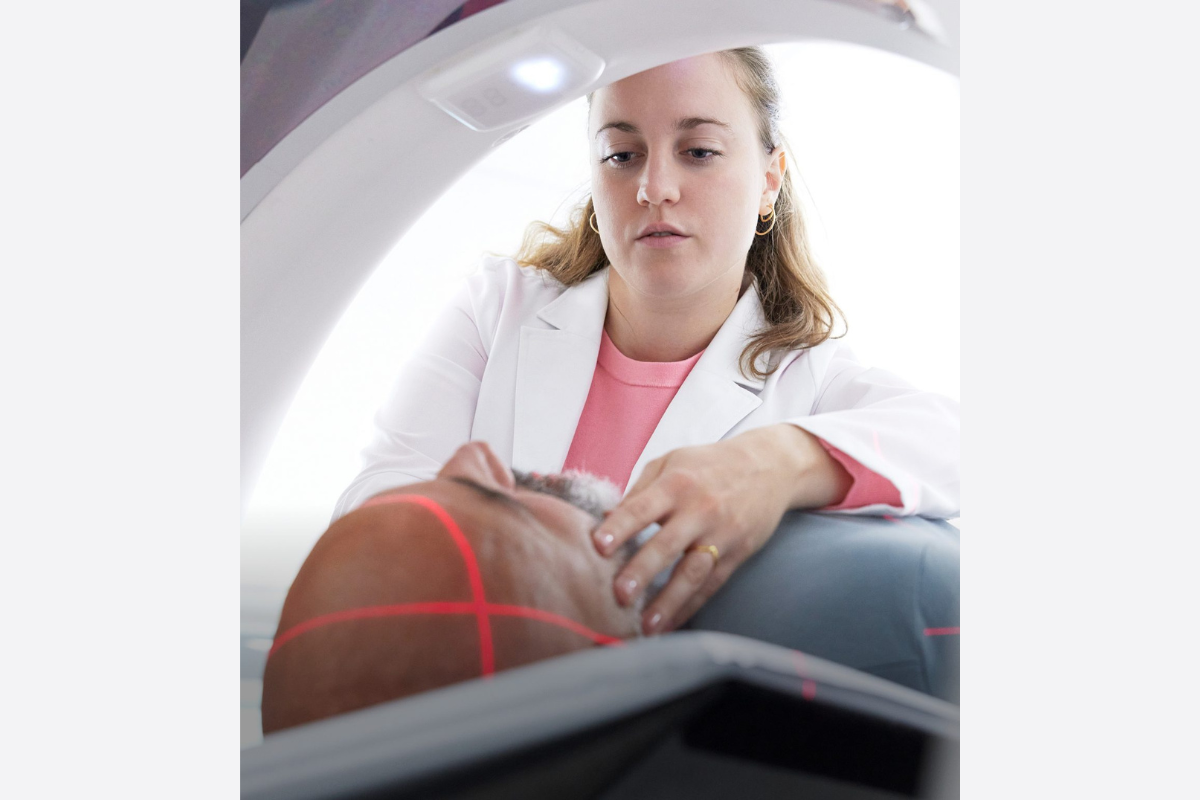As populations in the Middle East, and Saudi Arabia in particular, continue to grow, demand for high-quality, comprehensive healthcare facilities grows with them.

Improvements and advancements on this front have a firm foundation to build on thanks to the pioneering work of the Batterjee brothers nearly four decades ago.
In 1988, the brothers founded the first Saudi German Hospital in Jeddah. The driving concept was that the Batterjees’ relationship with German universities and hospitals would help bring advanced healthcare standards and expertise to Saudi Arabia.

There are targets to achieve, budgets to meet, problems to be solved, but it’s this challenge that attracted me to the work in the first place.
Today, Saudi German Health (SGH) Group (formerly Saudi German Hospitals Group) provides quality health care across the Middle East and North Africa. It has 11 hospitals, with 2,700 beds available and more than 8,500 staff.
Regional growth
The United Arab Emirates has been one of the biggest beneficiaries of Saudi German Health. The Group’s presence in the United Arab Emirates began in 2006, with the construction of Saudi German Hospital Dubai. There are now SGH facilities in Sharjah and Ajman, while Saudi German Hospital Dubai has expanded to include two subspecialty hospitals: one for women and children, and one specializing in orthopedics.
“We’ve had quite a growth spurt in the past 10 years or so,” says Reem Osman, SGH Group United Arab Emirates’ Regional CEO, of the expansion that coincided with her arrival in 2012.
“SGH Group United Arab Emirates has expanded significantly, but Saudi German itself has grown from Saudi Arabia to Yemen to Egypt and now to Morocco. We’ve also branched out into healthcare education with the Batterjee Medical College.”
The variety of operations under the Saudi German banner mirrors Osman’s own wealth of experience in health care.
“I’m a doctor by profession, an ophthalmic surgeon. I started my career as a practicing doctor and physician, but I’ve spent the past 11 years in healthcare management,” she reveals.
The shift allowed Osman to implement institutional changes she saw as vital. “It’s a challenging job because it requires a lot of innovation and a lot of courage,” she explains.
“There are targets to achieve, budgets to meet, problems to be solved, but it’s this challenge that attracted me to the work in the first place.”
Learning from the pandemic
One of the biggest challenges Osman has faced during her tenure at the top was the COVID-19 pandemic, which changed the face of health care in many respects. While the worst now seems to have passed, SGH learned some important lessons about preparation.
“You have to be prepared. That means proper cash flow, trained staff with backups, strong and diverse assets,” she stresses. “It’s not just in the event of a healthcare crisis either, but any kind of crisis.”
Proper preparation leads to a consistency of service, which then drives loyalty, she adds. “Our patients trust the services we provide and they trust our staff, because we have consistently high standards,” she says.
“It doesn’t matter if the doctor they were seeing has left, they know Saudi German only employs the best doctors. In health care, consistency is the essence of success.”

This is health care. We’re dealing with people’s lives, so it’s important to me that we extend our family culture to our patients.
And it’s this trust that sets Saudi German apart in an increasingly populated field. “We’re big enough to cover the entire healthcare spectrum, but we’re also strong enough to make that care available any time,” she points out.
“We never let patients come and go because we aren’t taking appointments. Patients know they can come to us whenever for any reason, and we have the quality of service and ethical standards to follow through in our practice.”
The imminent opening of the Batterjee Medical City in Dubai is set to take Saudi German’s operations to the next level, but Osman confirms the increase in size won’t lead to the Group’s resources being spread too thin.
“We have the strongest and largest emergency department and services in the private sector, and the fastest service for our patients,” she explains.
“But as CEO, one of my greatest challenges is making sure that we maintain our position at the top. So sustainability of that quality of service is the measure of success in our current world, and it’s something we won’t compromise on.”
Nor is the human touch in dealing with patients, Osman adds. “This is health care. We’re dealing with people’s lives, so it’s important to me that we extend our family culture to our patients,” she says.
“If there’s a strong relationship between doctor and patient, it enhances the care. For me, that’s mandatory.”



